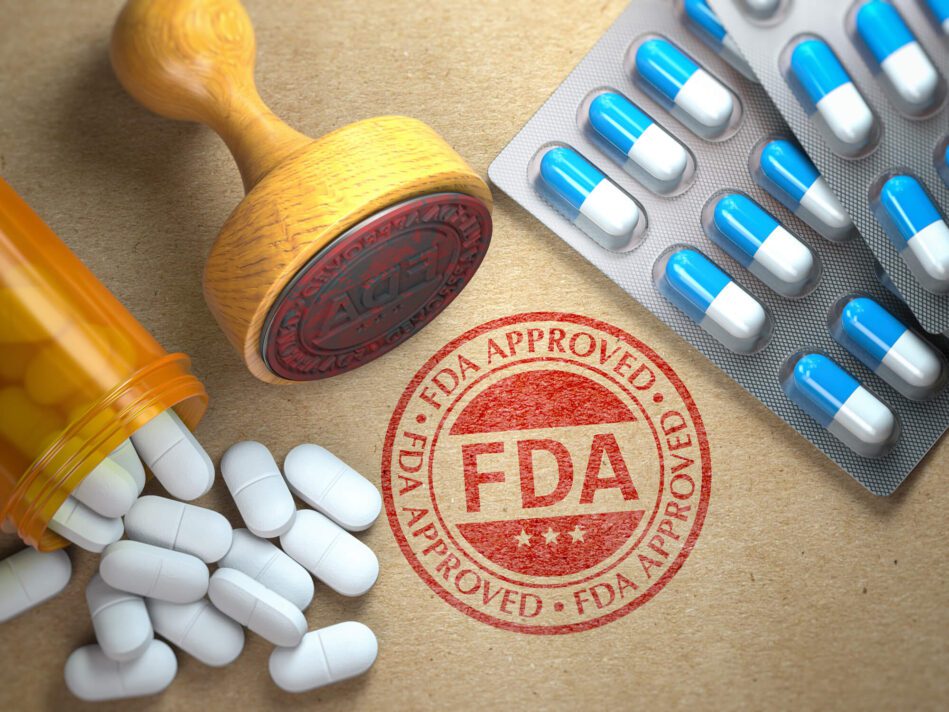An FDA advisory committee overwhelmingly voted in favor of approving esketamine, which is related to the party drug ketamine, as a treatment-resistant depression drug. The vote was 14 yes, two no, one abstention that there was evidence of effectiveness for esketamine, which is a nasal spray. Janssen Pharmaceuticals, a division of Johnson & Johnson, conducted three phase 3 trials that compared the efficacy of esketamine and an antidepressant to a placebo and an antidepressant. Only one of those trials met its primary endpoint. Side effects seen with esketamine that were significantly higher than in the placebo group included dissociation (similar to hallucinations) and dizziness. The FDA is expected to decide on esketamine, which will be known by the brand name Spravato, by March 4. If approved, it will be the first depression drug with a new mechanism of action in decades. Posted February 12, 2019. Via Johnson & Johnson.
Teens that use marijuana have a higher likelihood of suffering from depression and suicidal thoughts or attempts as adults. A meta-analysis was conducted of 11 studies that enrolled more than 23,000 people. Results showed that teens who used cannabis were, respectively, 37% and 50% more likely to have depression or have suicidal thoughts as adults. Those who used marijuana were almost three and half times more likely to have attempted suicide. “These findings highlight the importance of initiatives aiming to educate teenagers on the risks associated with using cannabis and teach them skills to resist peer pressure,” the researchers concluded. Posted February 13, 2019. Via JAMA Psychiatry.
The vast majority of physicians would prefer that new drugs gain approval based on at least two randomized clinical trials, according to a survey. About one-third of new drugs approved by the FDA are based only on a single late-stage trial. However, 78% of physicians polled said new drugs should be tested in two trials. The survey also found that about 40% of doctors feel that off-label promotion of drugs – marketing medications for conditions not approved by the FDA – makes clinical decisions worse rather than better. Posted January 22, 2019. Via JAMA Internal Medicine.






